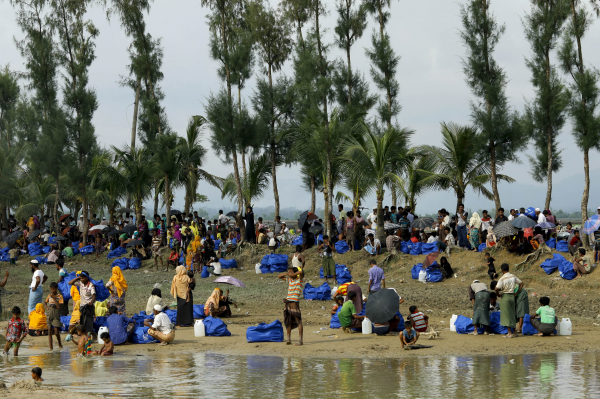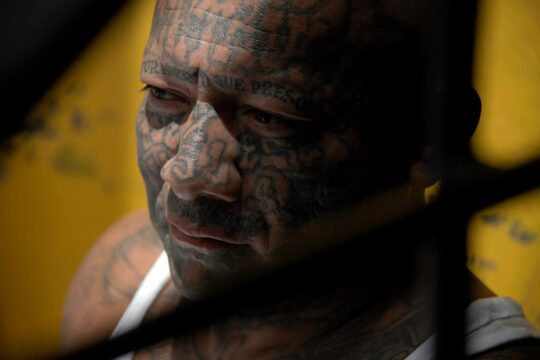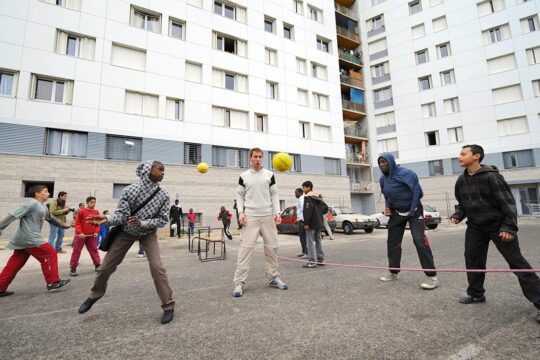Judges of the International Criminal Court have stepped up pressure on the Myanmar regime by deciding that the court has jurisdiction to prosecute crimes committed against the Rohingyas.
The effect of this decision, rejected by the Burmese authorities, is likely to be very controversial. The court is giving itself the right to intervene on a country that is not a State Party to the ICC’s founding treaty, without going through the UN Security Council (where China and /or Russia would have used their veto). The judges considered that being forced to cross the border into Bangladesh (which recognizes the jurisdiction of the ICC) is a constitutive element in the Myanmar regime’s alleged international crimes, i.e. deportation. But murder, torture and rape committed within the territory of Myanmar will no doubt escape the ICC’s jurisdiction.
With this decision the ICC is trying to remain relevant on massive violations of international law in places it cannot intervene, like in Syria. The September 6 decision opens a new but fragile field of ICC intervention. But it also makes the Myanmar regime more fragile in the wake of a damning UN Human Rights Council report on August 27 saying senior members of the country’s army were responsible for genocide and crimes against humanity and calling for them to be prosecuted.
Liberian warlord arrested
Another country where impunity from criminal justice has ruled for decades is Liberia. The widespread atrocities committed during its two civil wars between 1989 and 2003 have never been brought before the courts. This is about to change. The persistence of NGOs and victims’ associations has brought a new arrest in Europe of a Liberian former warlord suspected of crimes against humanity. Kunti K., whose real identity has not been revealed, was arrested on September 4 in the suburbs of Paris. He is the sixth suspect whose arrest is a direct result of action by Swiss NGO Civitas Maxima and its partners in Liberia and Sierra Leone, who are using the principle of universal jurisdiction to bring cases to national courts. Several trials have also taken place in the United States where Liberian suspects have been prosecuted for violating immigration laws but where hearings have also been held on the crimes they are accused of committing in the 1990s.
It has taken 15 years since the end of war in Liberia for justice to get under way. And it has been nearly the same amount of time that some Rwandans tried for genocide and acquitted by the International Criminal Tribunal for Rwanda (ICTR) have been waiting in Arusha, northern Tanzania, to be granted a home in a Western country. Six of them are still confined there, including one who has been there for 14 years. Four years after being acquitted on appeal, former officer François-Xavier Nsuwonemeye has filed a request asking the ICTR to order France, home of his wife and children who have obtained French nationality, to take him in. His move is thus a bid to escape the fate of the others and avoid being forgotten.
Meanwhile Tunisia continues its innovative work and fundamental debates on its democratic transition after years of oppression. The June publication of a report by the Commission on individual liberties and equality (Colibe) continues to feed a formidable debate on the social choices facing the country. In an enlightening interview, Colibe member Slim Laghmani explains with clarity the issues raised by this report and how transitional justice also plays out in terms of legal reforms to change the established social order, notably on equality between men and women.





